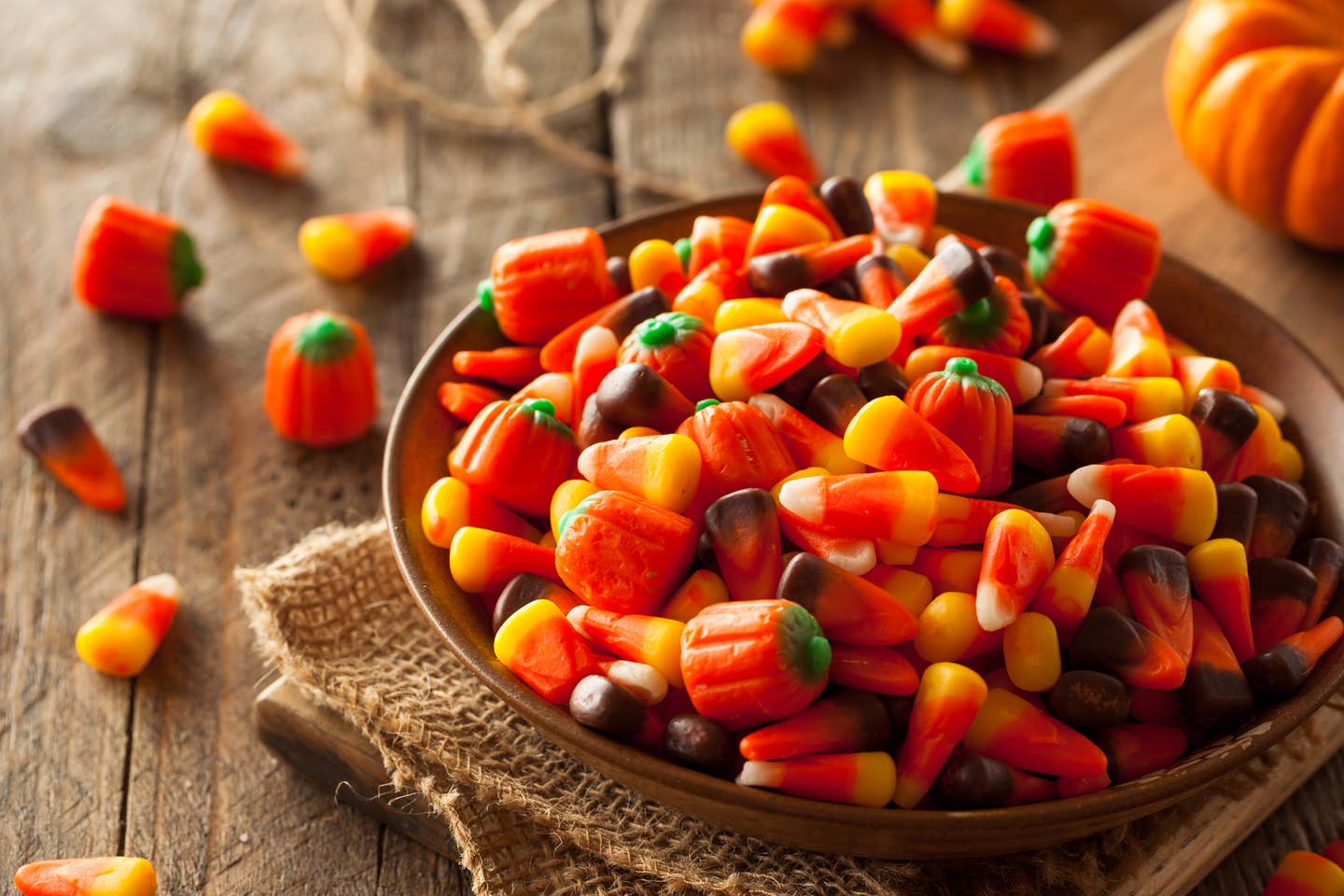
3 Easy Tips to Curb Your Sugar Cravings and Stay On Track This Halloween
Trick or treaters who don't social distance or wear masks aren’t the only things you might want to watch out for this Halloween. Before you reach for that handful of the candy you bought for the kids, read what Dr. Teralyn Sell, a Psychotherapist who specializes in brain health, has to say about the impact that excess sugar on the brain. Don’t fear; we’ve included her tips on curbing sugar cravings to keep your hand out of the candy bowl.
Sugar’s effect on the brain
1. Sugar hijacks your brain’s reward system.
It’s not your fault that it’s so hard to just have one Reese's Cup; our brains are hardwired to work against us when it comes to sugar cravings. Sugar takes over our brain circuits, releasing chemicals that leave us requiring more, much like a drug addict needs a fix.
“Once you eat sugar, it hits your brain like a freight train," she explains. "Almost instantly, it triggers our reward pathways (which work on the dopamine system) and sends a signal to ‘do that again!’ When that happens, we reach for more sugar to give that same rewarding boost.” It becomes a cycle that's hard to break.
2. Sugar can contribute to mental health issues.
We’re familiar with the physical toll that inflammation takes on the heart, the immune system, and the skin, but according to Dr. Sell, inflammation can take a serious toll on your mental health. “The role of inflammation on the brain and body has been well researched. Brain inflammation has been correlated as being a big source of mental health problems, including depression, anxiety, and ADHD.”
3. Sugar disrupts blood sugar regulation.
It might seem obvious, but sugar consumption has a significant impact on your blood's own sugar regulation, which if it rises and dips, can leave you anxious, sleepy, and foggy-headed or feeling out of it.
���When you eat sugary foods, your blood sugar will rise and sharply fall," Dr.Sell explains. "This is called reactive hypoglycemia. Though this is a natural phenomenon, it can cause big problems. When blood sugar sharply falls, adrenaline (think fight, flight, anxiety) will fire. When that happens, people lose focus, lack concentration, become depressed, anxious, and might even experience aggression.”
Follow Sell’s top tips to curb your sugar cravings by regulating your blood sugar
- Start with eating protein and at shorter intervals. Eating small amounts of protein every 2-4 hours during the day will keep your blood sugars stable. Eating foods that are high in fiber and plant-based protein (nuts, seeds and fruits and vegetables) will keep blood sugar stable and not make you reach for sugar for energy as readily.
- Don’t skip meals. Skipping meals will destabilize your blood sugar, causing it to drop, impairing your mood, increasing fatigue, and then you reach for sugar. If you are practicing Intermittent Fasting for weight loss, start your eating with a high-fiber low-carb meal, according to a nutritionist.
- When in doubt, try the blood sugar-stabilizing supplement L-Glutamine which is an amino acid found to be helpful in digestion. You can take glutamine throughout the day to reduce sugar cravings and give you energy, or open a capsule and put it right under your tongue when you can’t shake a craving.
For healthy foods that help keep blood sugar stable and curb cravings, see The Best 7 Foods to Lower Blood Sugar Naturally.
One side note, for those trying to eat plant-based this Holloween, candy corn is not technically vegan or even plant-based since the ingredients that go into it are derived from animal parts. According to Cooking Light, which reports: "While the main components of candy corn, sugar and corn syrup, are vegan-friendly, extra ingredients make this dessert a no-no for plant-based eaters. The best selling candy corn brand, Brach's, includes gelatin which is made from animal tendons, ligaments, and bones. Many others contain confectioner's glaze or shellac, both glossy products created using the excretions of certain insects." That's another reason to keep yourself from nibbling on it.
More From The Beet






